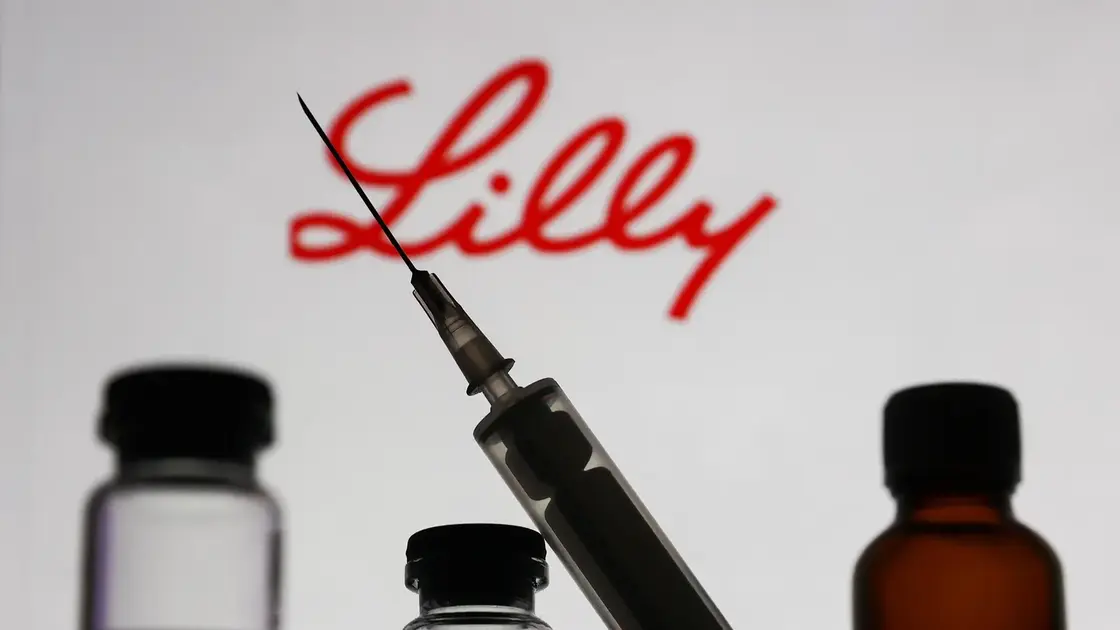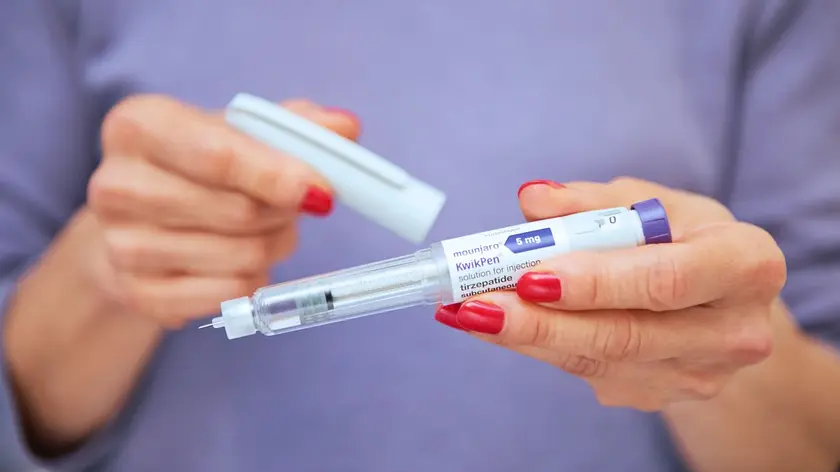T4K3.news
Weight loss pill nears NHS rollout
Orforglipron shows solid trial results and could reach NHS pending regulatory review and pricing decisions.

A weight loss pill called orforglipron shows strong trial results and could reach the NHS, raising questions on cost and access.
Weight loss pill moves closer to NHS rollout
Orforglipron, a pill from Eli Lilly, showed average weight loss of 12.4 percent after 72 weeks in early human trials. The goal was 15 percent, and while the result is promising, it does not match the levels seen with injections used for weight loss. The trial data are described as preliminary and not peer reviewed. Eli Lilly says regulatory submission could happen by year end, with a global launch planned if approved. Existing NHS options include injections such as Mounjaro and Wegovy, which require regular injections and are prescribed to eligible patients. Ozempic is primarily used for Type 2 diabetes and is not approved for weight loss. A pill could be cheaper to manufacture and easier to take, potentially widening access if priced fairly.
Key Takeaways
"With these positive data in hand, we are now planning to submit orforglipron for regulatory review by year end and are prepared for a global launch to address this urgent public health need."
Eli Lilly executives on regulatory plans
"Its effects are not as profound as injectables, but the oral form will likely be more tolerable and could widen access."
Dr Simon Cork on efficacy and delivery
"The Times called the pill the holy grail because its cheaper to make and easier to take than injections."
Media coverage
The pill form poses a trade off between convenience and efficacy. If orforglipron costs less to make and avoids needles, uptake could rise among patients who dislike injections. Yet the 12.4 percent weight loss over 72 weeks falls short of injections like Mounjaro and Wegovy, raising questions about long-term health impact and patient expectations. Regulators will scrutinize the full trial data before approval, and pricing decisions will shape whether the NHS adopts the pill or keeps injections as the main option. The debate reflects broader tensions: how to balance innovation with affordability and how to ensure equitable access for those most in need.
Highlights
- The pill could expand access without needles
- Data show promise but more work is needed
- Regulators will decide if this changes how we treat obesity
Budget and access risks for weight loss pill
The potential NHS rollout depends on price, reimbursement and public reaction. While a pill could reduce manufacturing costs and widen access, the net health impact will depend on affordability for patients and how regulators evaluate trial data.
Public health gains require affordable, accessible solutions that work in the real world.
Enjoyed this? Let your friends know!
Related News

Weight regain observed after fat jab treatment ends

Influencer sticks to pizza after weight loss

Mounjaro shows promise in reducing alcohol cravings

Eli Lilly's orforglipron shows promise with 12% weight loss

Daily obesity pill shows significant weight loss

Weight loss drugs show weight regain after stopping

Eli Lilly shares fall 14% after trial disappointment

Weight loss injections gain popularity in treatment
